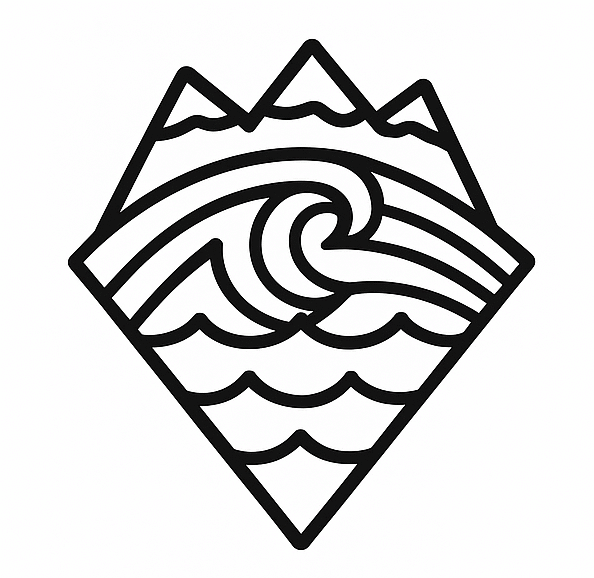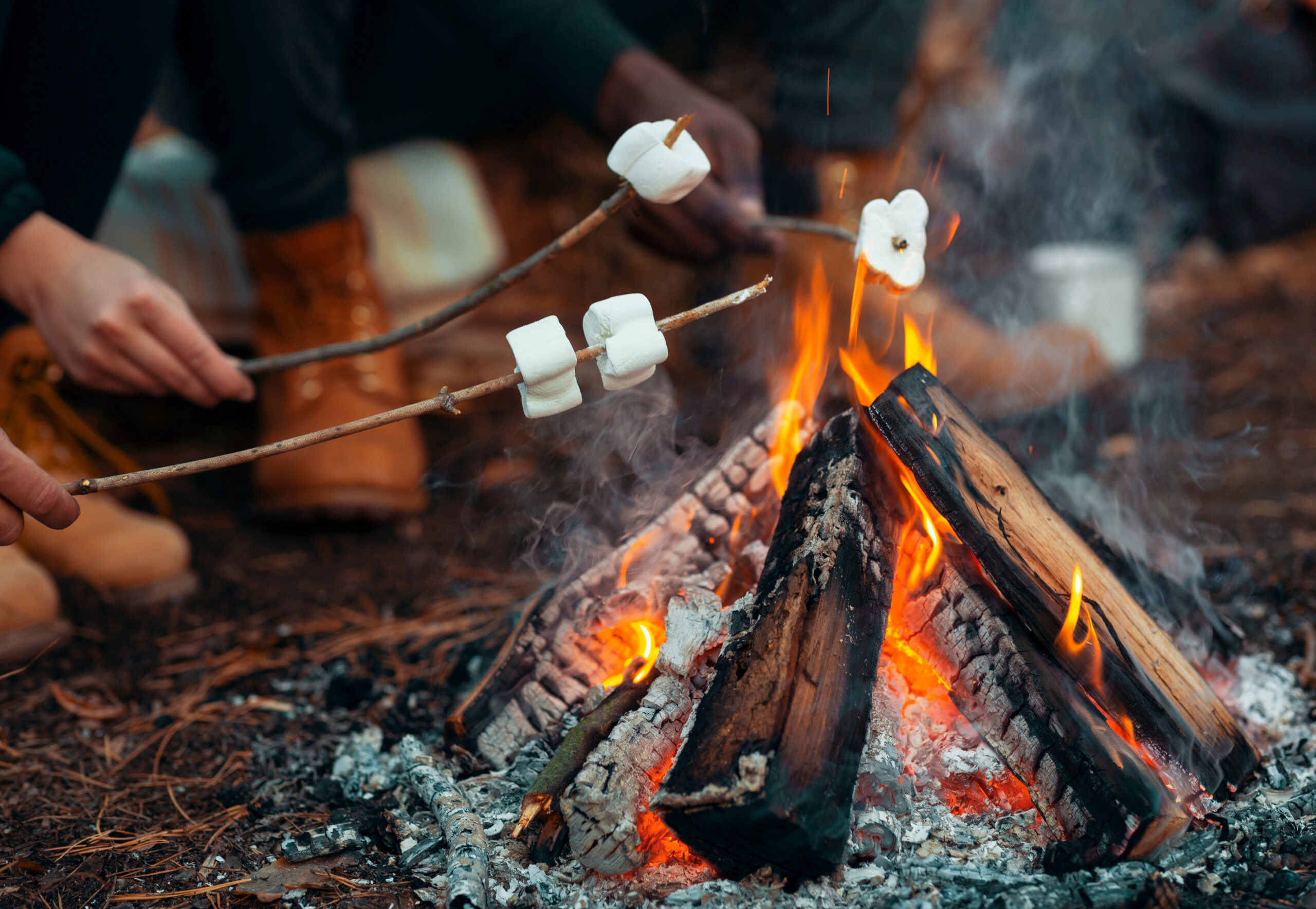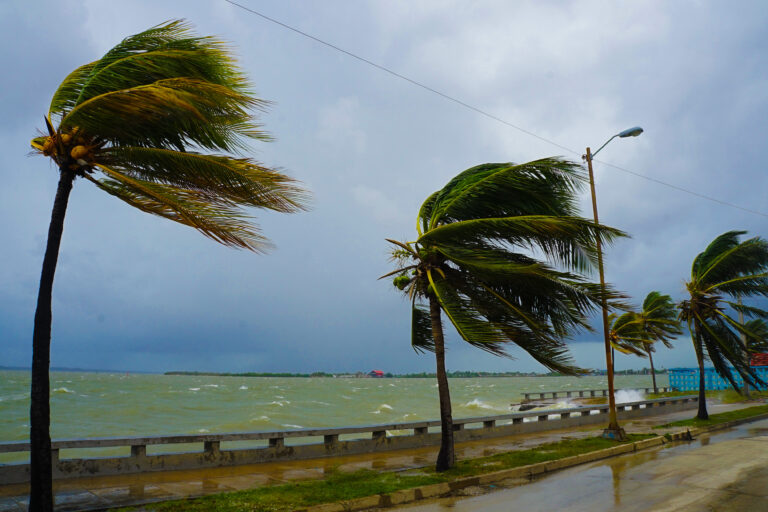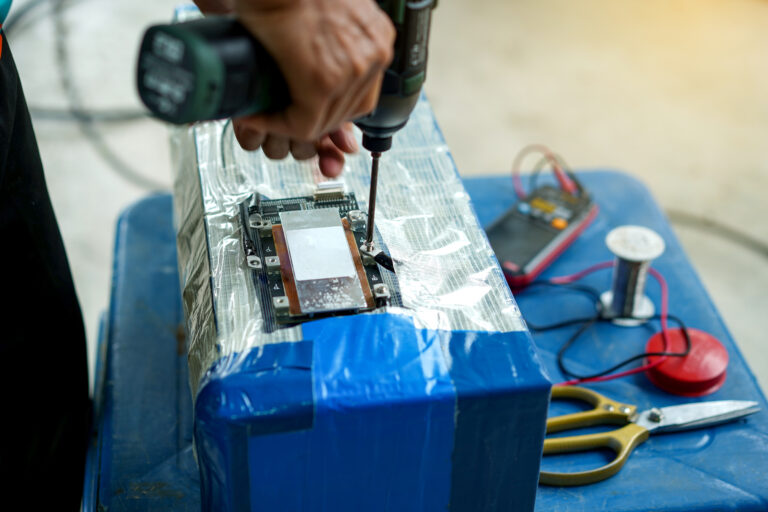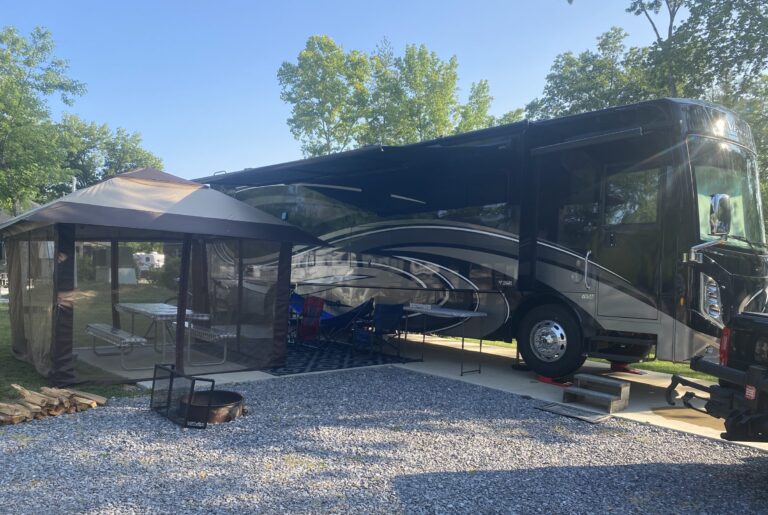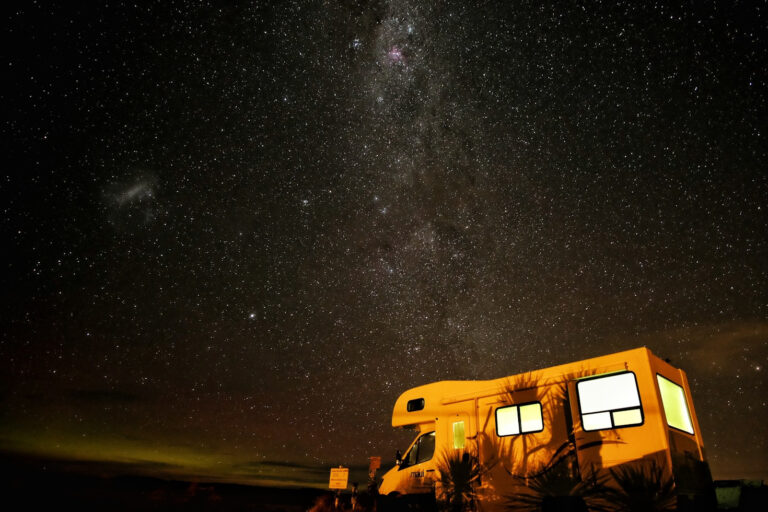RV and Camping Fire Safety: Not Just a Hot Topic
Picture this: you’re sprawled out in your RV, sipping coffee while the first light of morning spills across the horizon. Life feels calm, almost cinematic—until the smoke detector screams like it just spotted a ghost. Your heart’s pounding before you’ve even thrown on shoes.
That’s not some far-fetched scene I’m spinning for drama; it’s a reality plenty of RVers face. According to the National Fire Protection Association, RV fires cause around 20 deaths, 60 injuries, and $30 million in property damage every year in the U.S. And while nobody starts their trip planning for an inferno, a little prevention is a whole lot easier than watching your home-on-wheels go up in smoke.
RVs: Rolling Tinderboxes
The truth is, RVs are fire-friendly by design. You’ve got lightweight, flammable materials lining the interior, enough wiring to make an electrician sweat, and propane tanks humming along under pressure. Throw in a distracted moment at the stove or an unnoticed electrical fault, and you’ve got the perfect recipe for disaster.
Knowing that, your job is to stack the odds in your favor.
Fire Extinguishers and Fire Blankets: Your First Responders
If a fire does start, you don’t want to be fumbling through a cabinet like you’re looking for the paprika. An RV-rated fire extinguisher should be easy to grab, fully charged, and not expired. Keep one near the kitchen and another close to where you sleep.
But here’s an underrated ally: the fire blanket. Unlike an extinguisher, it doesn’t need aiming or pulling pins—just toss it over the flames to smother them. It works especially well for kitchen fires or when you don’t want to spray powder all over your cooking space. Ideally, you have both on hand: the blanket for small, contained fires, and the extinguisher for when things get serious.
The Alarms That Annoy for All the Right Reasons
A smoke detector and a carbon monoxide detector might seem like overprotective chaperones at a school dance—constantly beeping, always in your business. But when they’re right, they can save your life. Test them regularly. Swap the batteries when you’re supposed to. And if they false-alarm now and then? Roll your eyes, reset them, and remember the alternative is far worse.
Propane: The Invisible Threat
If your RV runs on propane, treat it like the invisible tiger it is—quiet and useful until it turns on you. A propane leak detector can give you an early warning before things get dangerous. Sniff around connections regularly. And if you smell gas, this is not the time for DIY bravery—shut it down, get outside, and call in the pros.
For the Gadget Lovers: Automatic Fire Suppression Systems
Some RVers invest in automatic suppression systems, especially for engine compartments. They’re like having a tiny firefighter waiting in the wings, ready to pounce the second flames appear. They’re pricier, sure, but for those who want the peace of mind, they’re worth considering. Just make sure installation is handled by someone who knows exactly what they’re doing.
When the Fire’s Outside: Campfire Safety
Out in the wild, the risk shifts from your RV to the campfire crackling in front of you. Nearly 90% of wildland fires are caused by humans—usually because someone walked away before their fire was truly out. Don’t be that person on the evening news.
Build your fire a safe distance from tents, trees, or anything else that burns. Keep a bucket of water or a shovel handy, and when it’s time to put it out, drown it. Stir the ashes. Drown it again. The goal is zero heat—if you can still feel warmth, you’re not done.
Water vs. Dirt or Sand: Settling the Debate
Some folks swear by shoveling dirt or sand onto a campfire, claiming it’s more “natural.” The problem? It can insulate embers instead of killing them. Water, on the other hand, makes sure those embers are history. If you’ve got water, use it. That sizzle? That’s the sound of a job well done.
The Bottom Line: Proactive or Regretful—You Choose
Whether it’s your RV’s stovetop or a campfire in the woods, fire safety is about making choices before the flames start. Keep your extinguisher and fire blanket where you can grab them. Maintain your detectors like your life depends on it—because it might. Be the person who leaves a campsite safer than they found it, not a smoldering crater in the dirt.
No one plans for a fire. But you can plan for what you’ll do if one starts. And that’s the difference between an inconvenience and a catastrophe.
Heads up: Some of the links in this post may be affiliate links, which means I might earn a small commission if you buy through them—at no extra cost to you. Think of it as Amazon tossing a tip in the jar so I can keep creating helpful stuff (and maybe pour some gas in the tank).
Items mentioned in this post
Heads up: At least some of the links on this page are affiliate links, which means I may earn a small commission if you buy through them—at no extra cost to you. Think of it as Amazon tossing a tip in the jar for you so I can keep creating helpful stuff (and maybe put some fuel in The Beast).
